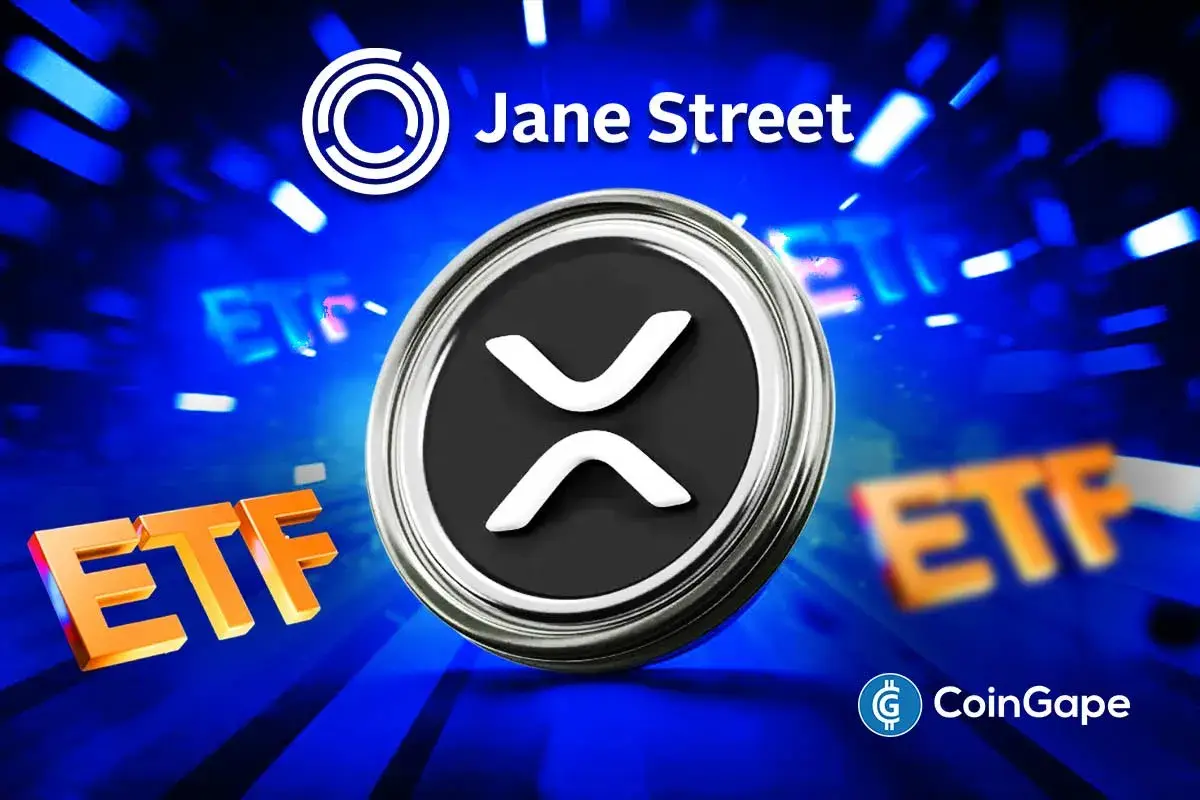Just In: Vitalik Reveals Major Challenge Facing Ethereum

Speaking at the Korea Blockchain Week, Ethereum co-founder Vitalik Buterin called out node centralization as a significant hurdle for the Ethereum network. Currently, most Ethereum nodes run on centralized web services like Amazon. This reality, experts warn, creates a single point of failure, posing significant risks to Ethereum’s promise of decentralization.
Role of Statelessness and Future Solutions
Significantly, Buterin highlighted that among the six issues Ethereum needs to tackle, node centralization stands out as the most critical. He underscored the importance of statelessness in addressing this issue.
“Stateless clients will allow users to run a node without hundreds of gigabytes of data, perhaps even on the phone,” Buterin noted.
However, he cautioned that fully resolving this issue could span over a decade or possibly even 20 years. Besides highlighting the node issue, Buterin also discussed other pivotal aspects that can contribute to Ethereum’s decentralization. Lowering barriers to distributed staking, better documentation, and bolstering the security of staking were on his list.
Scalability and Security
Additionally, he stressed that the most pressing and time-sensitive concern for Ethereum is achieving greater scalability. In this context, zero-knowledge (ZK) rollups received an honorable mention as a technology promising enhanced scalability.
While Ethereum is taking steps toward reducing its dependence on centralized nodes, complete decentralization is a long-term goal. Moreover, this reliance on centralized services like Amazon Web Services sets the stage for complex technical challenges that Ethereum must overcome. Hence, even as scalability remains a hot topic within the Ethereum community, centralization issues, primarily via node operation, continue to garner attention.
Vitalik’s statements offer a nuanced look at the path ahead for Ethereum, acknowledging that the journey to decentralization is fraught with technical complexities. While interim solutions like stateless clients offer promise, a complete fix may still be years, if not decades, away. Therefore, as the Ethereum community grapples with these issues, the timeline for a fully decentralized network remains to be determined but is decidedly a work in progress.
- Trump Tariffs: U.S. Supreme Court Sets February 20 for Potential Tariff Ruling
- Brazil Targets 1M BTC Strategic Reserve to Rival U.S. Bitcoin Stockpile
- Breaking: U.S. CPI Inflation Falls To 4-Year Low Of 2.4%, Bitcoin Rises
- Bitget Launches Gracy AI For Market Insights Amid Crypto Platforms Push For AI Integration
- BlackRock Signals $257M Bitcoin and Ethereum Sell-Off Ahead of Partial U.S. Government Shutdown
- Bitcoin Price Outlook As Gold And Silver Lose $3.6 Trillion in Market Value
- XRP and Ethereum Price Prediction as Trump Seeks to Lower Key Tariffs
- Solana Price Prediction as $2.6 Trillion Citi Expands Tokenized Products to SOL
- Bitcoin Price Could Fall to $50,000, Standard Chartered Says — Is a Crash Coming?
- Cardano Price Prediction Ahead of Midnight Mainnet Launch
- Pi Network Price Prediction as Mainnet Upgrade Deadline Nears on Feb 15


















